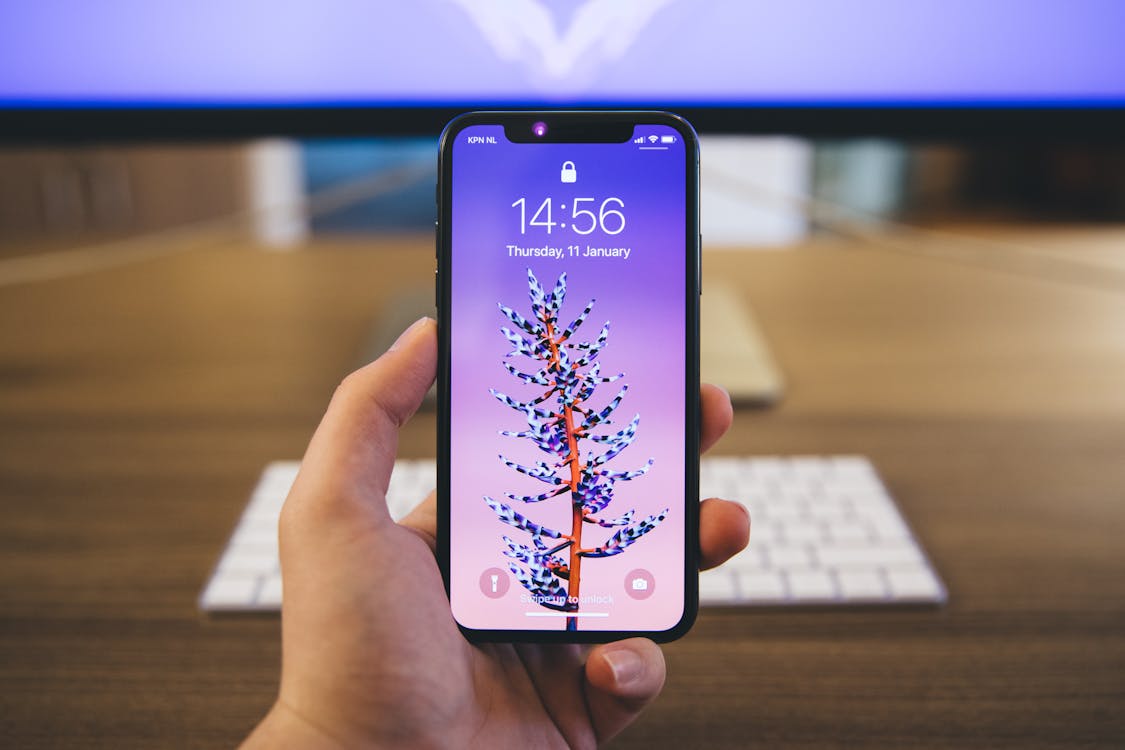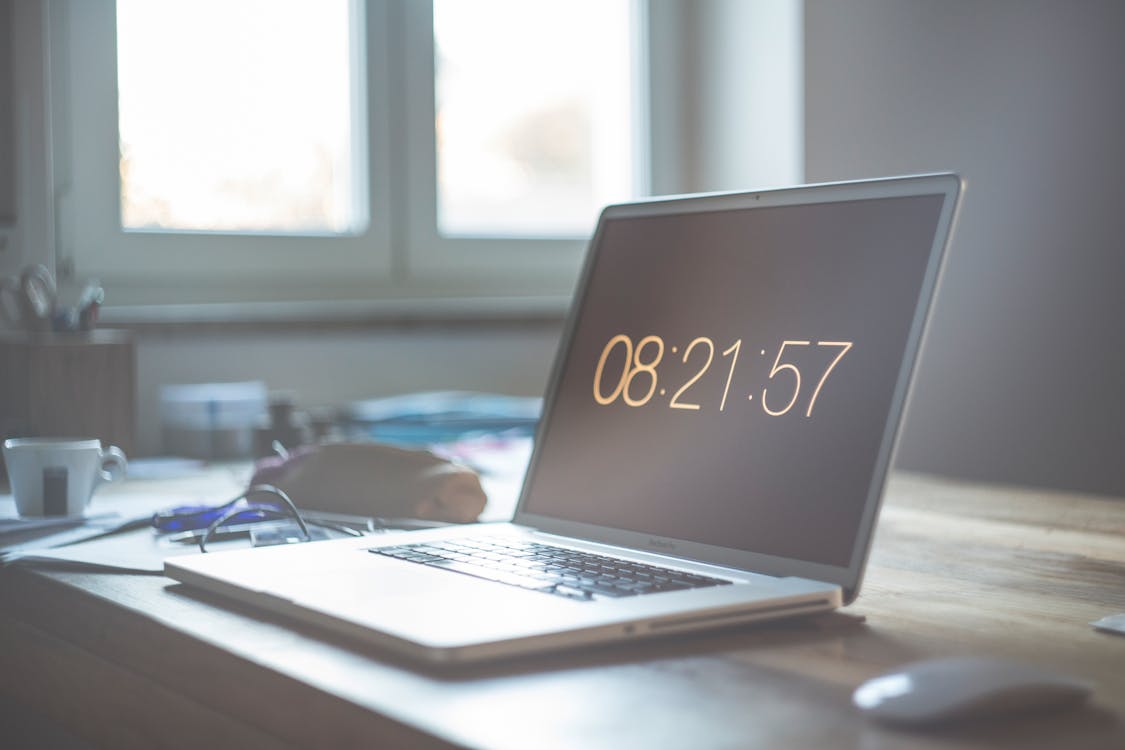The Impact of Screen Time on Eye Health
1. Eye Strain and Discomfort:
- Using screens for a long time can make our eyes feel tired and uncomfortable. It might even give us headaches and make our eyes dry. Staring at screens without taking breaks can also make our vision blurry and overall make our eyes feel not so good.
- When we use screens too much, it can lead to something called eye strain. This means our eye muscles work a lot, and it can make our eyes feel tired, especially when we do things like reading or looking at small details.
- Headaches are another thing that can happen when we spend too much time on screens. It’s like having a pain or pressure in our head, and it can make it hard to concentrate or do things comfortably.
Read Also:
How To Reduce Your Weight Under 45 Days: Tips And Solutions
2. Physical Health Concerns:
- Spending a lot of time on screens can mean we’re not moving around much, and this lack of movement can affect our bodies. It’s important to understand how too much screen time and not being active might cause certain health issues, especially related to our weight and muscles.
- When we’re on screens a lot, we often end up sitting or staying in one place for a long time. This sitting without moving much can lead to gaining weight. It’s like our bodies don’t burn as many calories when we’re not active, and this can make us put on extra weight.
- Not moving around enough, especially when we spend a long time on screens, can also make our muscles feel tight and uncomfortable.
3. Sleep Disruption:
- This is because the screens emit a type of light called blue light, and this light can mess with our body’s natural sleep rhythm. When our body gets confused about when it’s time to sleep, it might become tough to fall asleep or have a good night’s sleep.
- Having difficulty falling asleep or not getting restful sleep can lead to what we call poor sleep quality. This means that even if we spend enough time in bed, we might not feel fully rested when we wake up. Poor sleep quality can affect our overall health and how well our brain works, which we call cognitive function.
- To make sure screens don’t interfere with our sleep, it’s a good idea to avoid using them at least an hour before bedtime. Instead, we can do things that help us relax, like reading a book, taking a warm bath, or listening to calming music.
4. Mental Health Challenges:
- When we use social media a lot, we might see things that make us feel worried or stressed. This could be because we compare ourselves to others, thinking their lives are better or more exciting than ours.
- This constant comparison can lead to feelings of low self-esteem, where we don’t feel good about who we are.
- Moreover, seeing negative things on social media, like sad news or people arguing, can affect how we feel. Constant exposure to such negative content can impact our mental well-being, making us feel more stressed or anxious about the world around us.
5. Decline in Face-to-Face Interactions:
- Using screens a lot, like phones or computers, can sometimes mean we’re not talking to people face-to-face as much. This decline in real-world interactions, where we’re not meeting and talking with others in person, can have some effects on how we communicate and build relationships.
- When we use screens a lot, especially for talking to others, it might mean we’re not having as many face-to-face conversations.
- This can affect our ability to develop what we call interpersonal skills – the ability to communicate and understand others in person. These skills are important for building strong and meaningful relationships with friends, family, and people around us.
Read Also:
Tips for a Good Night’s Sleep: Creating a Relaxing Bedtime Routine
6. Impact on Children’s Development:
- Kids who spend a lot of time on screens might not learn to talk and make friends as well as those who do different activities.
- Talking and understanding others are important for making friends and getting along with people, and too much screen time can get in the way of that.
- Also, if kids use screens a lot when they’re really young, it might make it harder for them to pay attention. This means it could be tough for them to focus on things or stay interested in activities. Being able to pay attention is important for learning and doing well in school and other things.

7. Reduced Productivity and Focus:
- Using screens for a long time without taking breaks can make it harder to get things done. It’s important to know that too much screen time without breaks might make us less productive and focused.
- This means it could be harder to finish tasks and stay concentrated on what we’re doing.
- Also, when we use screens for a long time, we might get easily distracted, which can affect how well we concentrate on our work.
8. Risk of Digital Addiction:
- Using screens too much, especially in activities like playing games or using social media a lot, can sometimes lead to what we call digital addiction.
- It’s important to know that spending too much time on screens, especially in these engaging activities, might make it hard for some people to control their urge to use screens all the time.
- When someone becomes digitally addicted, it means they feel a constant need to be on screens, like phones or computers.
9. Strain on Relationships:
- Spending too much time on screens, especially in activities that take up a lot of our day, can lead to less time with family and friends.
- It’s important to know that using screens a lot might reduce the time we have for meaningful interactions with our loved ones.
- Relying too much on virtual communication, like chatting or video calls, can affect how well we understand and connect with others.
Read Also:
Pregnancy: Signs, Symptoms, Overview, Health Tips You Should Know
10. Potential for Cybersecurity Risks:
- Spending a lot of time online increases the chance of facing cybersecurity threats like phishing scams and online fraud.
- It’s crucial to know that when we spend a long time on screens, we might be more at risk of encountering these online dangers, especially if we aren’t fully aware.
- “Phishing scams” are tricks where people try to get sensitive information, like usernames and passwords, by pretending to be trustworthy.





